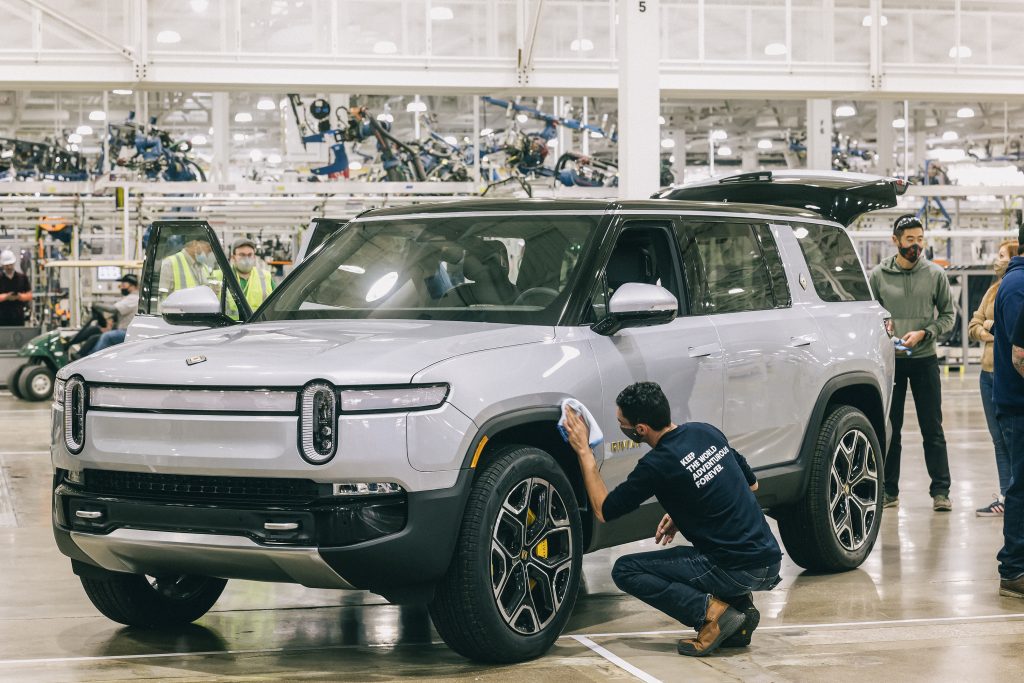In its 10-K filing on Thursday, March 31, Rivian stated that the ongoing Russian invasion of Ukraine has impacted its business and operations.
Rivian noted that its ability to develop and manufacture vehicles of sufficient quality on time and at a large scale is still unproven. The company listed the conflict in Ukraine as one of the reasons it continues to struggle with production.
“We are currently operating in a period of economic uncertainty, capital markets disruption, and supply chain interruptions, which have been significantly impacted by geopolitical instability due to the ongoing military conflict between Russia and the Ukraine. Our business, prospects, financial condition, results of operations, and cash flows may be materially adversely affected by any negative impact on the global economy, capital markets, or supply chain resulting from the conflict in the Ukraine or any other geopolitical tensions,” wrote Rivian.
Rivian openly admitted that it experienced cost increases and disruptions in the supply of raw materials and other components used in vehicle production. The EV manufacturer expects to see raw material price hikes and supply disruptions in the future. Rivian noted shortages and supply delays in certain parts, including semiconductors, in the regulatory filing. It also highlighted seeing “sizable increases” in the cost of metals, like lithium, nickel, aluminum, and cobalt.
Rivian suggests that increased costs and the decreased availability of certain metals, like lithium, nickel, and cobalt, have also strained the battery cell supply chain. The company mentioned risks in battery cell pricing and availability. It noted issues with battery cell manufacturers’ “inability or unwillingness” to operate or build battery cell manufacturing plants to meet the supply demands of electric or plug-in vehicle production. It also listed a “disruption in the supply of battery cells due to quality issues or recalls” by battery manufacturers.
“Our business depends in large part on our ability to develop, manufacture, market, and sell our vehicles. Our initial deliveries for the R1T and R1S were delayed, and our production ramp is taking longer than originally expected due to a number of reasons,” Rivian wrote in its recent 10-K filing. “The cascading impacts of the COVID-19 pandemic, and more recently the conflict in the Ukraine, have impacted our business and operations from facility construction to equipment installation to vehicle component supply.”
The Teslarati team would appreciate hearing from you. If you have any tips, reach out to me at [email protected] or via Twitter @Writer_01001101.

